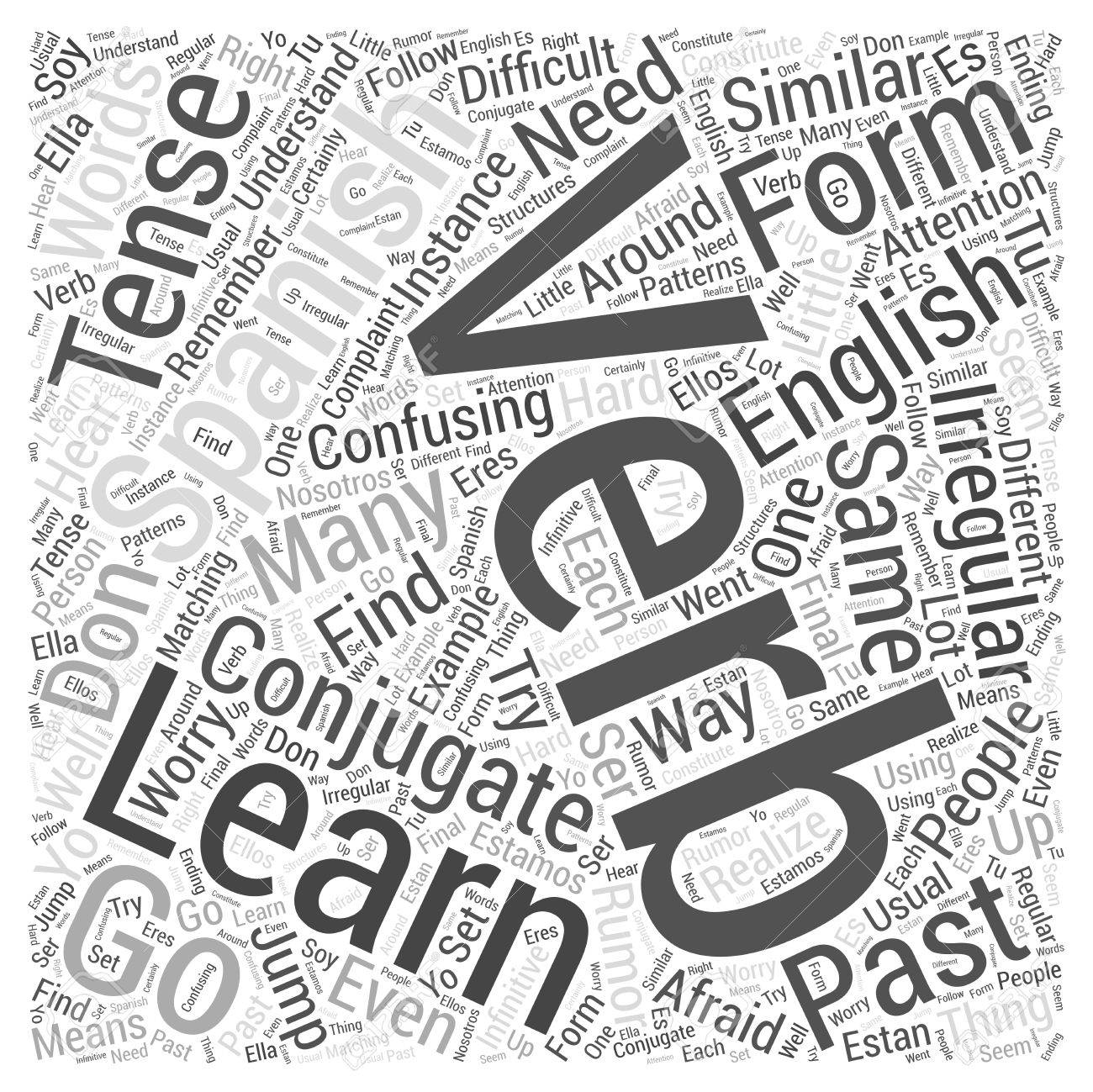Phrasal Verbs – English Composition Notes – For W.B.C.S. Examination.
A phrasal verb is a type of compound verb made up of a verb (usually one of action or movement) and a prepositional adverb—also known as an adverbial particle. Phrasal verbs are sometimes called two-part verbs (e.g., take off and leave out) or three-part verbs (e.g., look up to and look down on).Continue Reading Phrasal Verbs – English Composition Notes – For W.B.C.S. Examination.
There are hundreds of phrasal verbs in English, many of them (such as tear off, run out [of], and pull through) with multiple meanings. Indeed, as linguist Angela Downing points out, phrasal verbs are “one of the most distinctive features of present-day informal English, both in their abundance and in their productivity” (English Grammar: A University Course, 2014). Phrasal verbs often appear in idioms.
“Like compounds, phrasal verbs have semantic coherence, evidenced by the fact that they are sometimes replaceable by single Latinate verbs, as in the following:
Furthermore, the meaning of the combination of verb and particle in the phrasal verb may be opaque, that is, not predictable from the meaning of the parts.”
- break out: erupt, escape
- count out: exclude
- think up: imagine
- take off: depart, remove
- work out: solve
- put off: delay
- egg on: incite
- put out: extinguish
- put off: postpone
Phrasal Verbs With Up
Ben Zimmer
“[P]hrasal verbs with up have filled a wide variety of roles in both British and American English. Up gets used for literal upward movement (lift up, stand up) or more figuratively to indicate greater intensity (stir up, fire up) or completion of an act (drink up, burn up). It’s particularly handy for blunt imperatives calling for resolute action: think of wake up!, grow up!, hurry up! and put up or shut up!”
– “On Language: The Meaning of ‘Man Up.'” The New York Times Magazine, September 5, 2010
Phrasal Verbs and Prepositional Verbs
“A phrasal verb differs from a sequence of a verb and a preposition (a prepositional verb) in [these] respects. Here call up is a phrasal verb, while call on is only a verb plus a preposition:
(R.L. Trask, Dictionary of English Grammar. Penguin, 2000)
- The particle in a phrasal verb is stressed: They called up the teacher, but not *They called on the teacher.
- The particle of a phrasal verb can be moved to the end: They called the teacher up, but not *They called the teacher on.
- The simple verb of a phrasal verb may not be separated from its particle by an adverb: *They called early up the teacher is no good, but They called early on the teacher is fine.”
Please subscribe here to get all future updates on this post/page/category/website


 Toll Free 1800 572 9282
Toll Free 1800 572 9282  mailus@wbcsmadeeasy.in
mailus@wbcsmadeeasy.in



















































































































